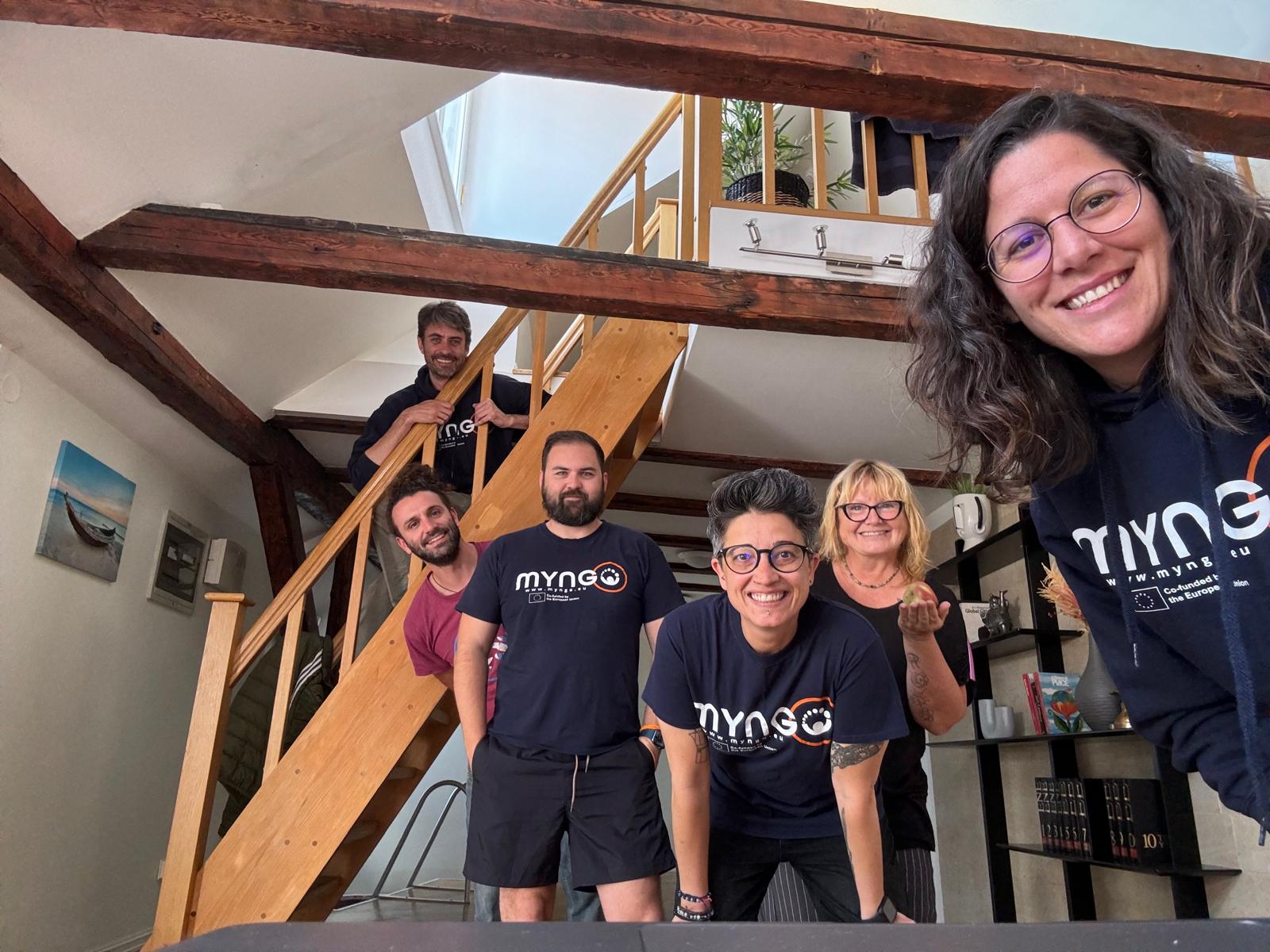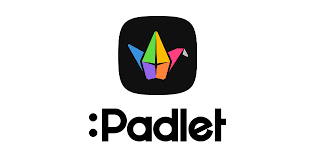In our ever changing world marked by growing environmental concerns and the increasing digitisation of our lives, the intersection of sustainability and leadership has taken on new significance. As youth leaders strive to create positive change in their communities, they are increasingly turning to online digital tools to make their projects more sustainable and to cultivate a new generation of eco-conscious leaders.
The emergence of online platforms and digital tools has revolutionised the way youth projects are conceptualised, executed, and sustained. From virtual collaboration to digital resource sharing, these tools offer unparalleled opportunities to reduce carbon footprints, minimise waste, and maximise impact.
One of the key benefits of utilising online digital tools in youth projects is the reduction of physical resources. Traditional methods of communication and collaboration often require extensive travel, printing materials, and face-to-face meetings, all of which contribute to environmental damage. By leveraging online platforms for virtual meetings, document sharing, and project management, youth leaders can significantly decrease their carbon emissions and environmental footprint.
Online tools enable youth leaders to reach a broader audience and engage participants from diverse geographic locations. Virtual conferences, webinars, and social media campaigns allow for greater inclusivity and accessibility, breaking down barriers to participation and fostering a more inclusive approach to leadership.
Another advantage of online digital tools is their ability to facilitate knowledge sharing and capacity building among youth leaders. Online learning platforms, educational webinars, and digital resource libraries provide valuable resources and training opportunities for aspiring leaders, equipping them with the skills and knowledge needed to address pressing environmental challenges.
Online platforms can serve as powerful advocacy tools, enabling youth leaders to amplify their voices and mobilise support for sustainability initiatives. Social media campaigns, online petitions, and digital storytelling initiatives can raise awareness, drive action, and effect meaningful change on a global scale.
However, while online digital tools offer immense potential for sustainability and leadership development, it is essential to approach their use thoughtfully and critically. Digital technologies themselves have environmental impacts, from energy consumption to electronic waste generation, and must be used responsibly.
As such, youth leaders must prioritise the adoption of sustainable digital practices, such as using energy-efficient devices, minimising digital clutter, and supporting initiatives for e-waste recycling and responsible disposal.
Additionally, youth leaders should strive to promote digital literacy and inclusivity, ensuring that all participants have equitable access to online resources and opportunities. Bridging the digital divide and fostering digital inclusion are essential steps towards building a more sustainable and equitable future for all.
In conclusion, online green leadership represents a powerful approach to fostering sustainability and cultivating the next generation of eco-conscious leaders. By harnessing the potential of online digital tools, youth leaders can reduce their environmental impact, expand their reach, and empower communities to take meaningful action towards a more sustainable future.






